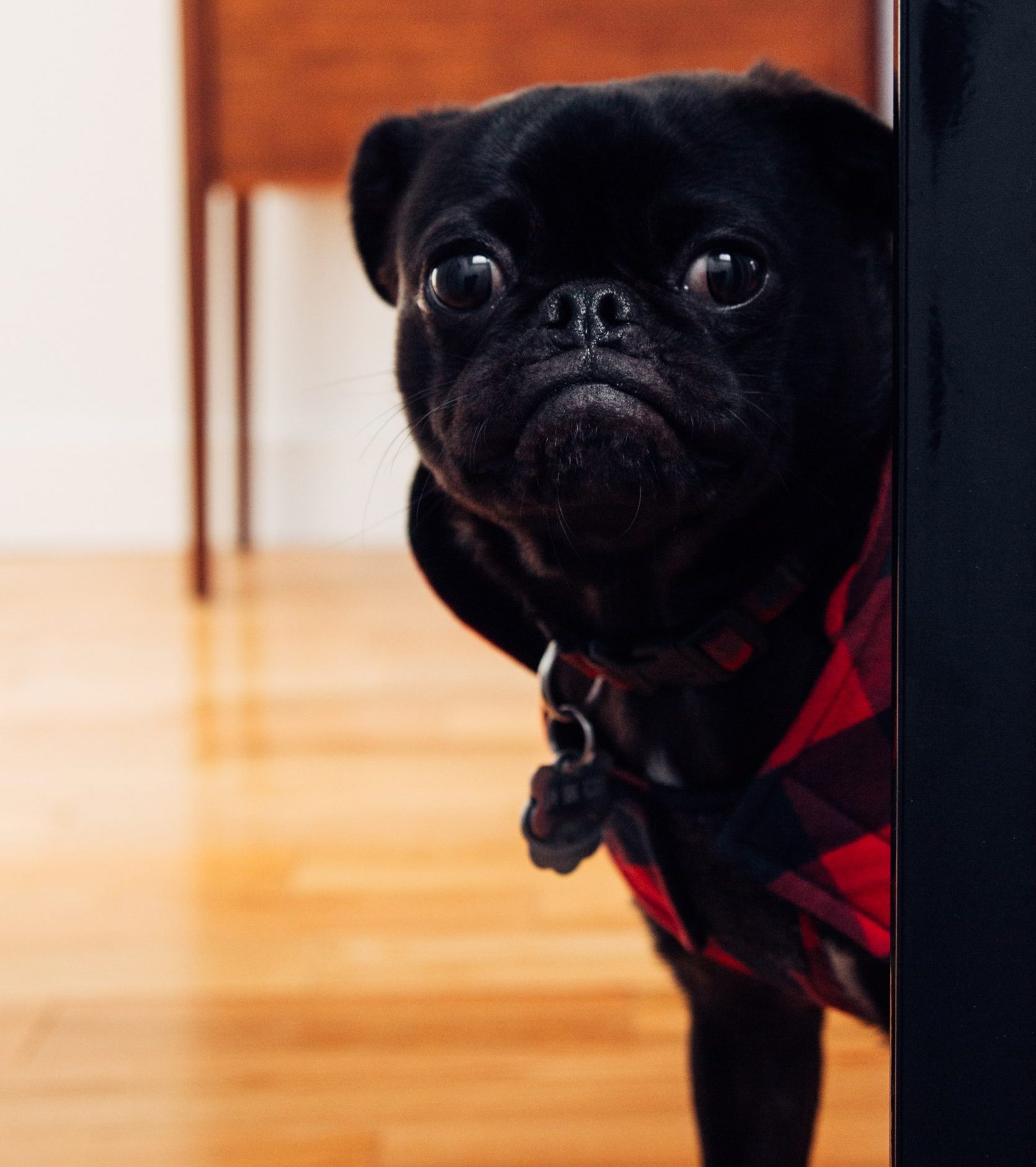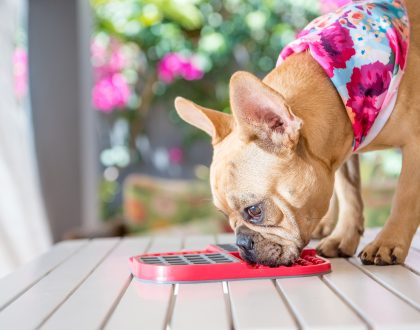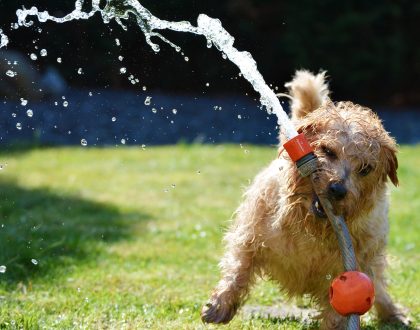7 Tips To Prevent Your Dog Marking Their Territory

Photo by Charles Deluvio on Unsplash
It’s a known fact that dogs can have the habit of marking their territory by weeing. The issue is when they mark in your house or, worse still, someone else’s house! We definitely don’t want our dogs to urinate inside. And, the issue is, once they have marked they will usually keep going back to that same spot to ‘re-mark’.
Rule out any medical issues
As with any concern with your four-legged friend, the first trip is to the vet. It’s best to rule out any medical issues that could be the cause of your dog marking their territory.
Tips to stop them marking their territory
After you have a clean bill of health for your fur baby, you can use some of the tips below.
- Nip marking their territory in the bud. Should you see your pup crouching, sniffing or circling and looking for a spot to urinate create a distraction or interruption. Clap or say “no” and take your dog straight outside. Reward the behaviour of urinating outside.
- Thoroughly clean the ‘marked’ area. There are a number of products out there that are designed to remove the odour of dog urine. This will lessen the possibility of your pooch coming back to that spot. If you prefer a natural option, white vinegar or peppermint oil are both excellent ways to eliminate the odour of urine.
- Make the ‘marked’ area inaccessible or change its significance. Move a chair over the area, baby gate it off or move boxes to prevent access to that area. The other option is to play in that specific spot. Make it a significant spot to them for the right reasons – fun and treats.
- Place objects likely to cause marking out of the way. New items in the house are fair game in a dog’s eyes. So, keep anything new out of reach until it has become not so new. Guests’ clothes and bags are a prime example. Be sure to keep them off the floor.
- If you can’t watch them all the time you can use a crate or keep them on a lead near you when inside so that you can keep them near you.
- Conduct proper introductions when other pets arrive. This is a classic reason for marking to become more prevalent. The territory game is on. Be sure to do proper introductions should you get a new dog or a visiting dog arrives. Conduct initial meetings out in the yard. Then gradually increase their interaction. Try to control their meetings and keep them under supervision until they have become used to each other’s scents.
- Desex your dog as soon as possible. The longer a dog goes before being desexed, the more difficult it will be to train them to stop marking their territory in the house. Desexing can reduce territory-marking and will often stop it altogether.
Is your dog persistently marking their territory?
If you find your dog is persistently marking their territory in your home, it could be out of anxiety or it could be submissive urination or peeing from excitement. There are behavioural specialists that can help with this and, in extreme circumstances, may even prescribe medications that can help keep your pooch calm and relaxed whilst re-training.
If you prefer a more natural route, a couple of drops of lavender essential oil mixed with water in a spray bottle is a great ‘spray on’ for your dog’s coat. This will not only keep your dog’s fur shiny and healthy but will calm them and help to lessen any anxiety.
Don’t punish after the fact
If you don’t see your dog marking their territory don’t punish them at a later time. If you reprimand them more than a few seconds after the event they won’t understand why they are being growled at.
They aren’t able to associate the reprimand with something they did minutes or hours ago. Reprimanding after the even can lead to confusion and even fear.
You might also like to read why dogs mark their territory.
Looking for professional care for your dog when you go away? “Don’t Fret Pet!” has been providing loving care for pooches since 1993.
Scroll down to subscribe to our emails with interesting information about dogs. (Don’t worry, we promise not to flood your Inbox with too many emails.)
Recommended Posts

Lickimat – 20% OFF
February 27, 2024

Hot weather and your dog
January 05, 2024

Frozen Kong recipes
January 05, 2024
